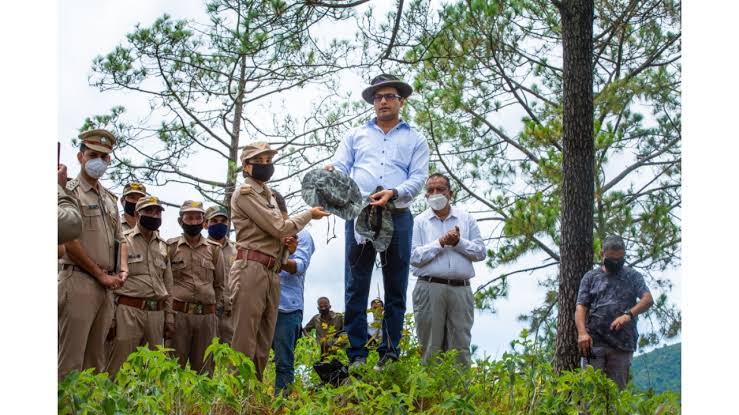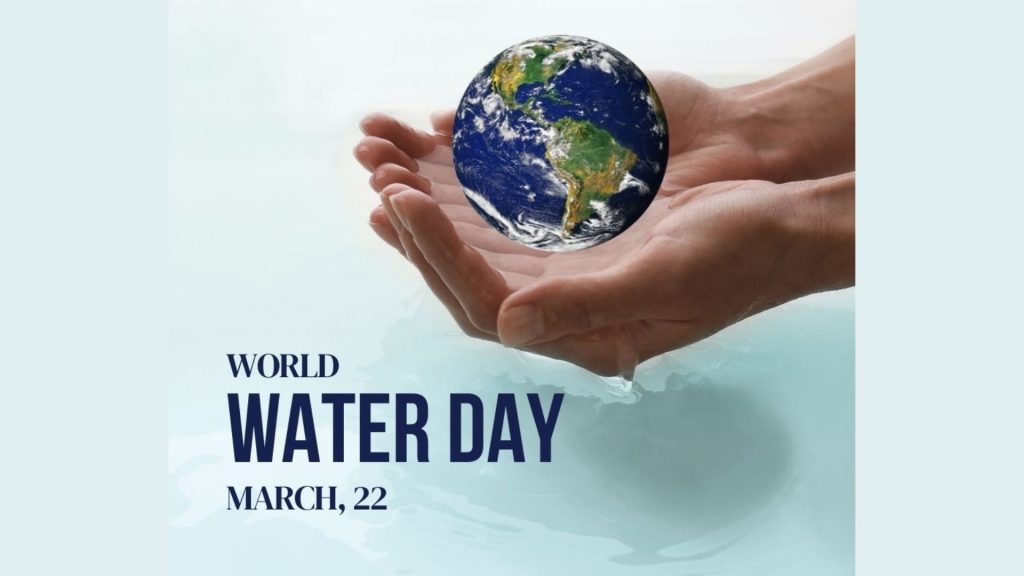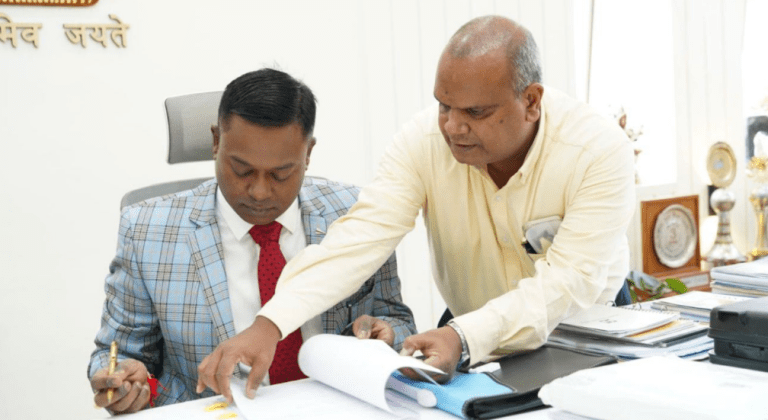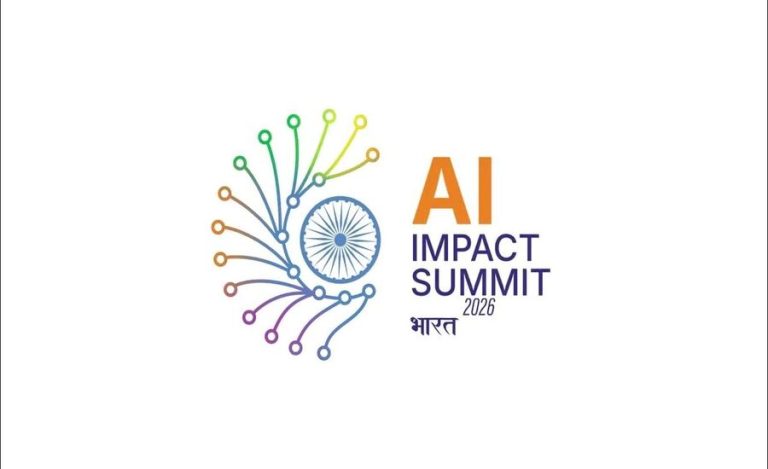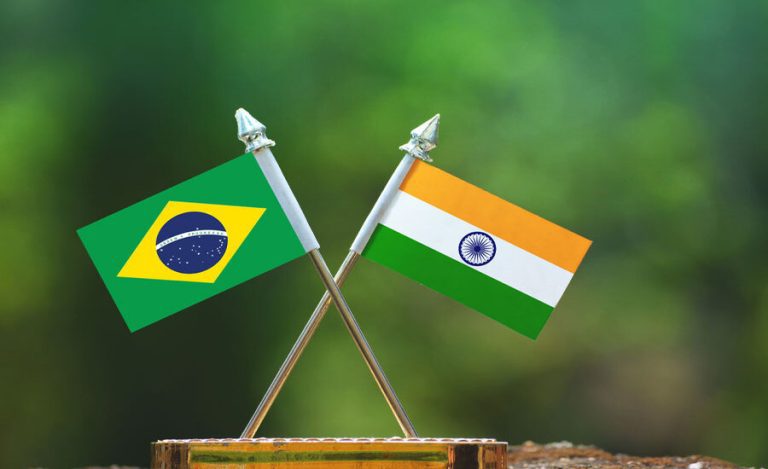Today, March 22, is World Water Day, and the theme of this year is ‘Groundwater: Making Invisible Visible’. Water Day aims to highlight a specific effect of fresh water every year.
Water is one of the essential resources of earth. It is the prime necessity to survival of life on this planet. However, with the increasing over use and exploitation of the natural resources, human life and animals are facing an acute shortage of water.
To know in detail about the importance of groundwater conservation, we, at Indian Masterminds, spoke to IFS officer Dharm Singh Meena, DFO, Narendra Nagar Forest Division, Uttarakhand.
IMPORTANCE OF GROUNDWATER
“Groundwater conservation is very important for the future need. Therefore, we need to use ground water in such a way that we can ensure the future needs. Or, the sustainable use of groundwater should be the key focus of our daily life, so that we can meet today’s demand and, simultaneously, we can ensure the future demands as well,” Mr. Dharm Singh Meena told Indian Masterminds, on the occasion of World Water Day.
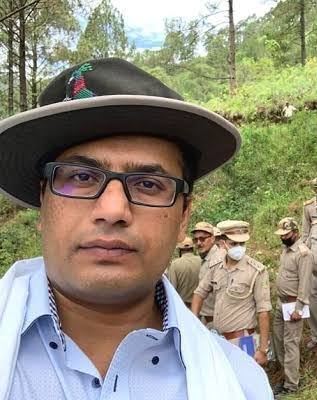
HOW WE CAN REPLENISH GROUNDWATER
Groundwater is the water which is found underground in the aquifer – geological formation of rocks, sands and gravels – which holds substantial quantity of water. Groundwater fills river, springs, lakes and wetlands, and finally seeps into the oceans.
“It is mainly recharged from the rain and snowfall infiltration. Therefore, water can be extracted by pumps and tubewells, and that is the key focus of today’s era, that we need to have sustainable use of groundwater,” Mr. Meena said.
OVERUSE OF GROUNDWATER
He further said that if groundwater is overused, then there will be depletion of water in the aquifer under the ground. “In the village areas, groundwater is the only source of water for drinking, irrigation and for other purposes. If we overuse groundwater, then it would be really difficult to survive. Without water, life is impossible,” he said.
IMPORTANCE OF WATER CONSERVATION
While comparing water with oil, Mr. Meena said that water is the main natural resource which has greater impact all over the world. “Just like in the present scenario oil is very precious, similarly, in future, if we continue wasting water in the same manner and if we overuse the groundwater, then there will be scarcity of water.”
The officer also focused on the need to plant trees. He says that rain and forest are the main source of water for the springs. Therefore, we need to plant more and more trees, especially the plants which help in the augmentation of the ground water.
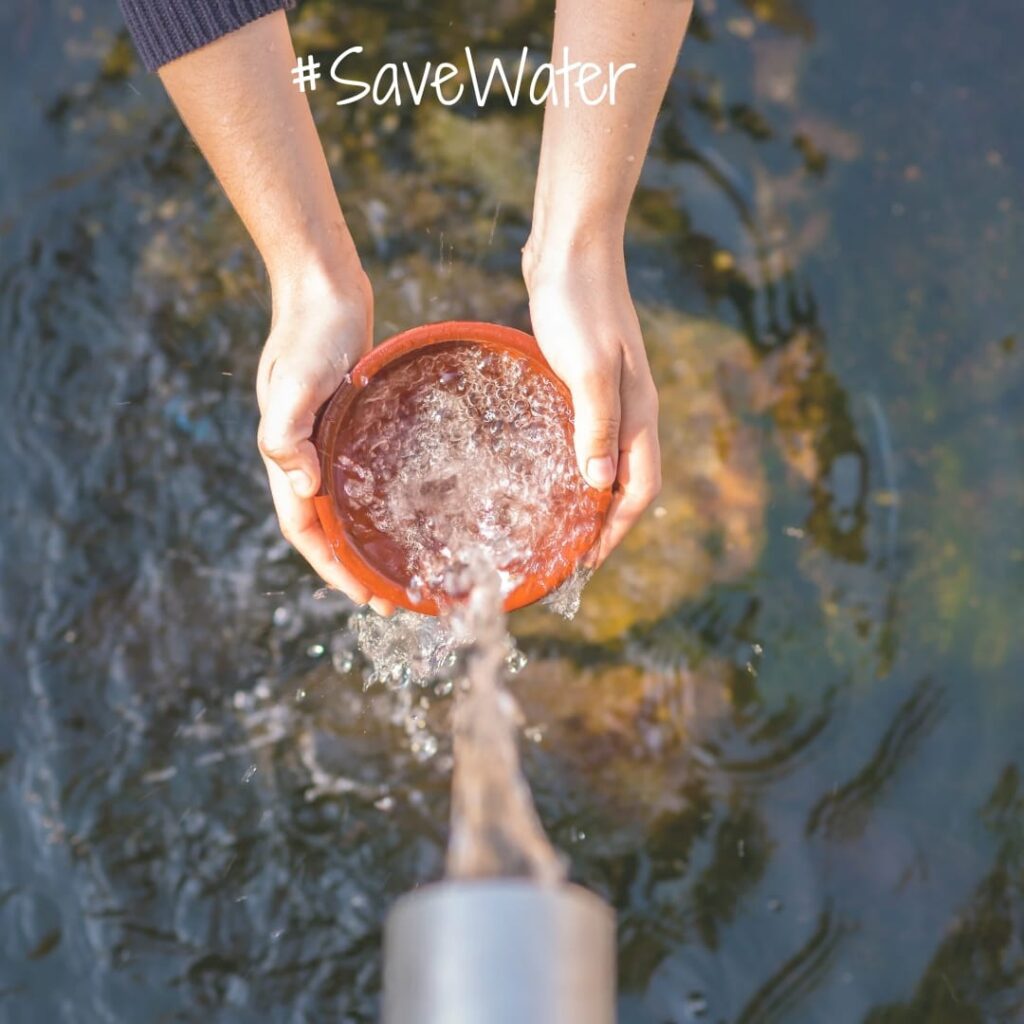
“There are many such varieties of plants, especially in the lower organisms. Sadly, we don’t give much concentration on these small organisms, but these are the most important parts for the conservation of water.”
He added that the Government of India has promised a sustainable development goal by 2030 that they would provide Har Ghar Jal.
STOP ENCROACHING WATER BODIES
While talking about water conservation, Mr. Meena also said that we should not forget about water pollution and aquatic biodiversity. Pollution is human made and we need to generate a lot of awareness among people, especially local villagers, so that they keep waterbodies clean. At the same time, we should not encroach our water bodies, as this is a common property resource.
“Our overall developmental activity should be focused on water conservation. We should take decisions related to development keeping water conservation as the central topic,” he said.
HEVAL RIVER REJUVENATION
Mr. Meena is famous as Bhagirathi ji, as he initiated the Heval River Rejuvenation project in the Tehri division of Uttarakhand, back in 2018. This project not only rejuvenated the river, but also took care of springs, streams and riverbed, and created employment opportunities for the local people. The project resulted in substantial additional recharge of water, contributing to 865.86 lakh litres of groundwater, increase in water discharge level in 23 springs, afforestation of 687 hectares with plantation of around 9,88,400 trees and shrubs suited to local climes.
